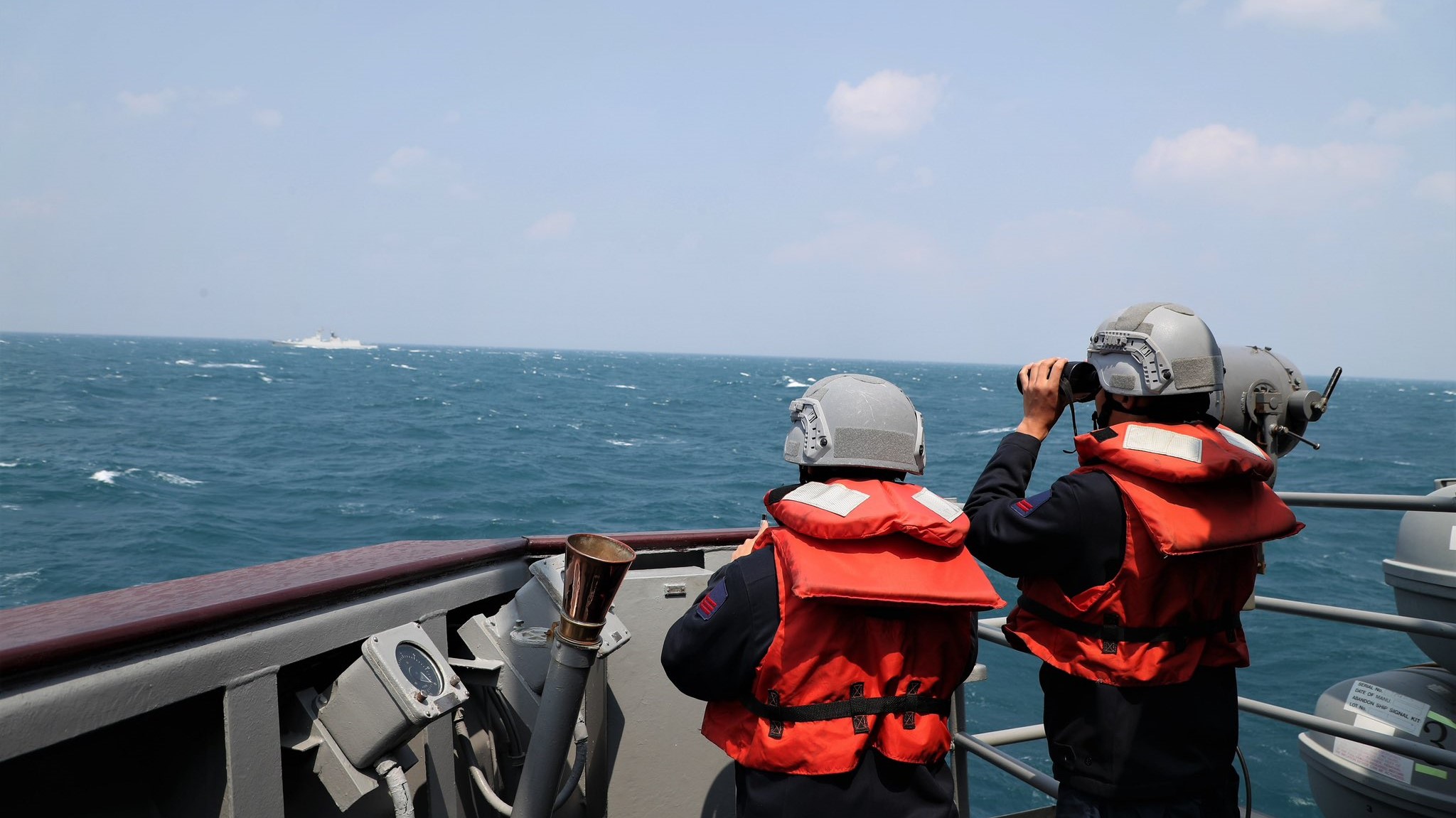
China conducts simulated strikes on Taiwan on second day of drills

The Chinese military has simulated precision strikes against Taiwan in a second day of drills around the island.
Taiwan's defence ministry has reported multiple air force sorties and that it was monitoring China's missile forces.
Beijing has called the drills a "stern warning" to the self-governing island in response to Taiwan's president Tsai Ing-wen visiting the US briefly last week.
President Tsai Ing-wen met with US House Speaker Kevin McCarthy, causing anger in Beijing, which claims the self-governing island as its territory.
The three days of patrols and live-fire drills off the coast opposite Taiwan, then began on Saturday only a few hours after the visit, with the Chinese military saying they are meant as a serious warning against what it called ''Taiwanese separatists in collusion with external forces".
Chinese state television has reported that the combat readiness patrols and drills around Taiwan were continuing.
It said: "Under the unified command of the theatre joint operations command centre, multiple types of units carried out simulated joint precision strikes on key targets on Taiwan island and the surrounding sea areas, and continue to maintain an offensive posture around the island".
Taiwan's defence ministry said that as of 0800 GMT, they had spotted 70 Chinese aircraft, including Su-30 fighters and H-6 bombers, as well as 11 ships, around Taiwan.
US calls for 'restraint'
Reportedly the Chinese military's Eastern Theatre Command put out a short animation of the simulated attacks on its WeChat account, showing missiles fired from land, sea and air into Taiwan with two of them exploding in flames as they hit their targets.
The operation, called "Joint Sword" by Beijing is expected to continue until Monday.
Taiwanese officials are enraged by the operation, however, they have reiterated that they will "not escalate conflicts nor cause disputes" and would respond "appropriately" to China's drills.
US state department officials have urged China not to exploit the US visit of President Tsai, and asked for "restraint and no change to the status quo".
A state department spokesperson said the US was "monitoring Beijing's actions closely" and insisted the US had "sufficient resources and capabilities in the region to ensure peace and stability and to meet our national security commitments".









